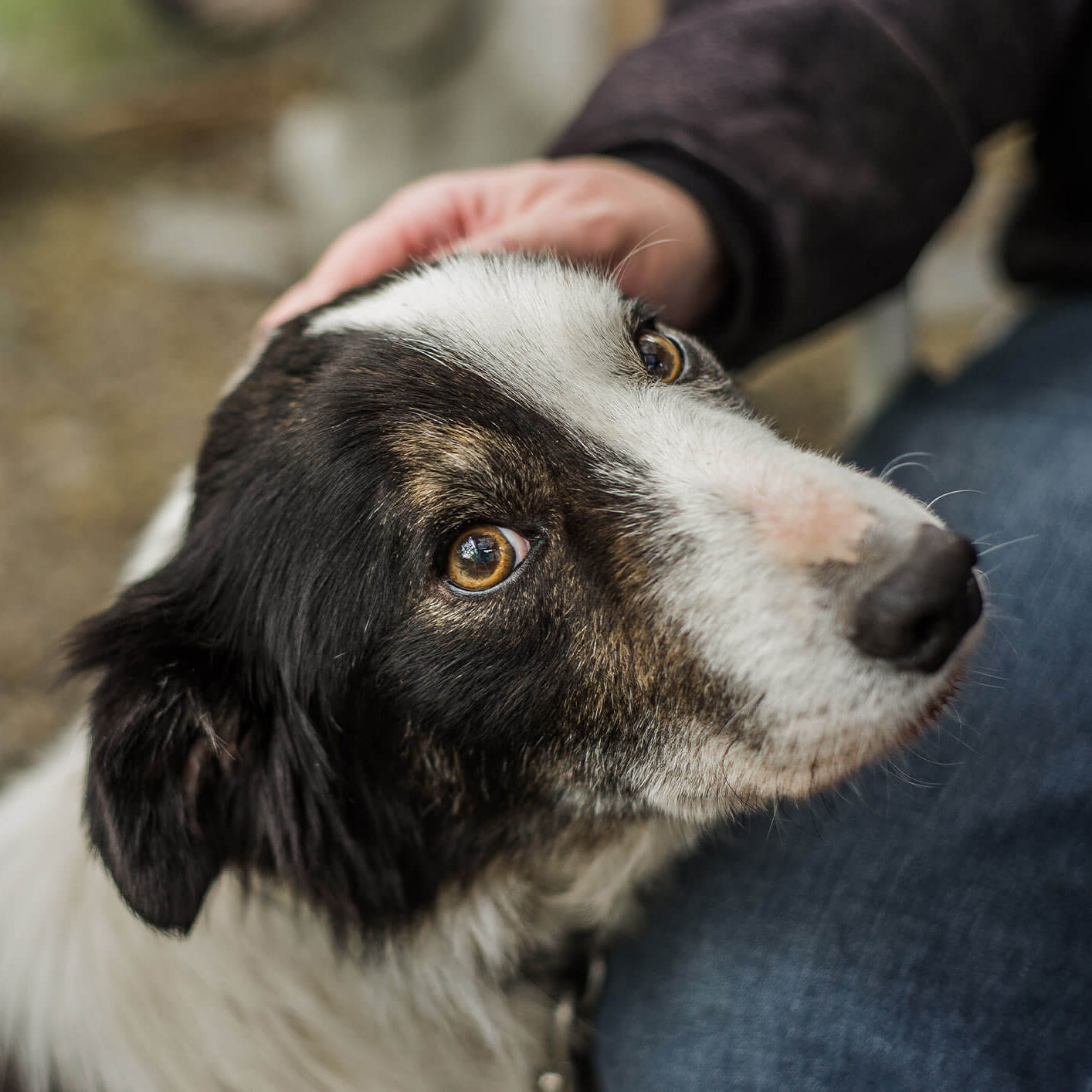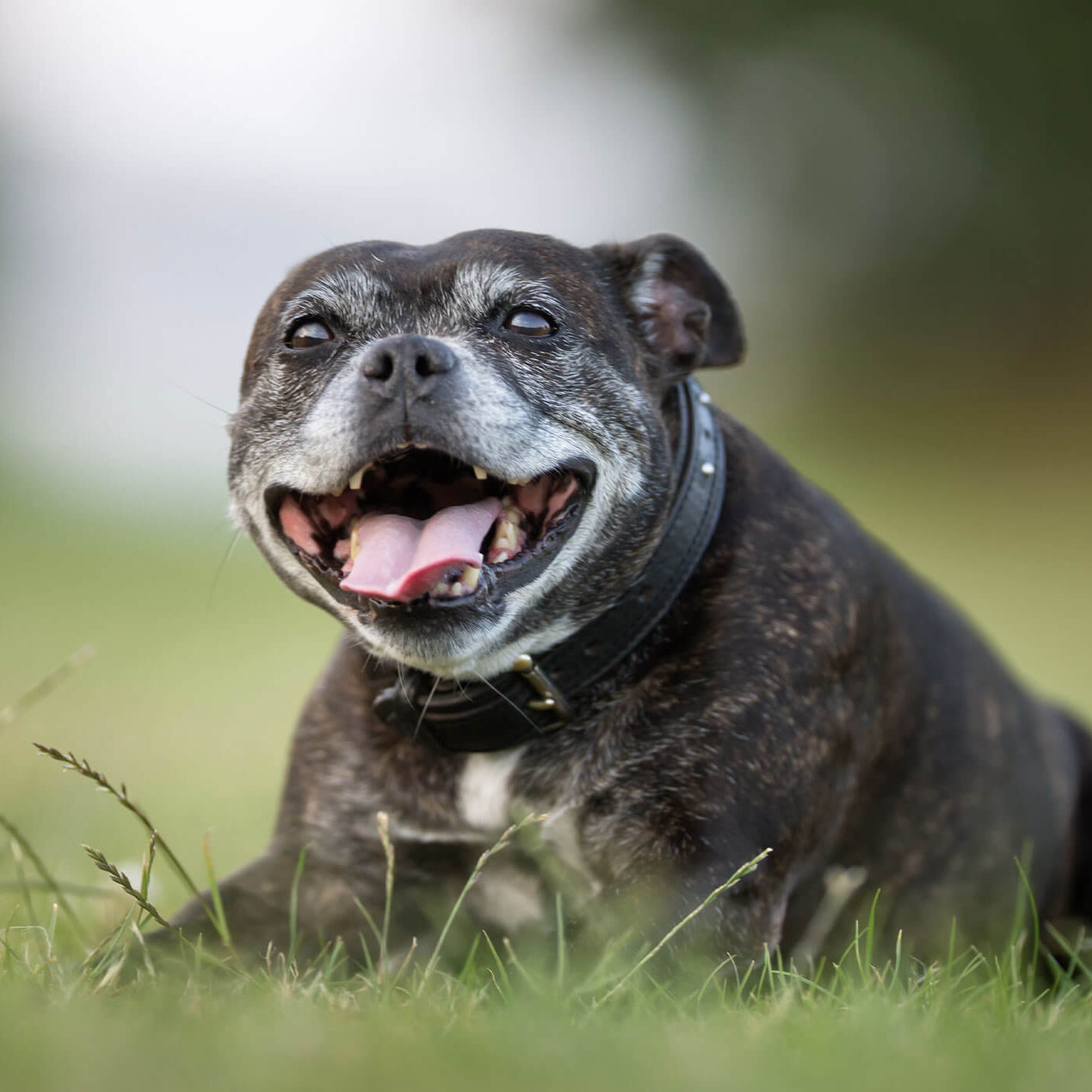
As pets age, their health needs change, and since they age much faster than humans, it’s especially important to keep them updated on their veterinary visits. Here at Furever Family Veterinary Care Center, we recommend that all senior pets receive a comprehensive wellness exam at least twice a year. This will give us a better chance at being proactive about various health issues that commonly affect senior pets, including arthritis, diabetes, and liver disease. The sooner we detect signs of illness, the sooner we can provide treatment.
In addition to the standard wellness exam and vaccinations, we can perform a senior blood panel, urinalysis, and thyroid hormone testing. We recommend comprehensive testing for many senior dogs and cats, since they’re at an increased risk of underlying disease.
When Is My Pet considered a “senior”?
You’ve likely heard that dogs age seven times faster than humans, but that number doesn’t apply to all dogs. The breed/size of the dog makes a difference. Typically, small dogs have a longer average lifespan than larger dogs. Many indoor cats, on the other hand, generally live longer than dogs, regardless of breed. However, it’s important to keep in mind that there are factors that can dramatically shorten a pet’s life, such as keeping them outdoors for too long, poor diet, and obesity.
The following chart provides an age estimate for when dogs becomes seniors:
| Dog Size/Breed | Senior Age |
| Small breeds (Chihuahua, Pomeranian, Maltese, Shih Tzu, etc.) | 11 years old |
| Medium breeds (boxer, beagle, basset hound, bulldog, etc.) | 10 years |
| Large breeds (German shepherd, rottweiler, golden retriever, Alaskan malamute, etc.) | 8 years |
| Giant breeds (Great Dane, mastiff, Saint Bernard, Newfoundland, etc.) | 7 years |
Cats, including Maine Coons, are usually considered seniors between 11 and 14 years of age.
Has it been more than a year since your senior pet visited the vet? Schedule an appointment today to ensure they are in good health.
Basic Senior Pet Care Tips
- Limit your senior pet’s need to access stairs or to jump up or down from chairs, beds, etc.
- Keep food, water, litterboxes, etc. in an easily accessible location.
- Create a soft environment with non-skid surfaces for them in every room.
- Feed them a senior food like Hill’s Science Diet Senior 7+, Science Diet Prescription JD, Purina Pro Plain Bright Mind, or JM.
- Provide them with a joint supplement like Dasuquin Advanced.
- Never give them human medication for pain management. Instead, ask about our recommendations for pain management medication designed specifically for dogs and cats.
- Make sure they have enough light to see in the house at night and in the back yard.
If you have any specific questions about caring for your senior pet, let us know at their next visit. We’ll be happy to help.

